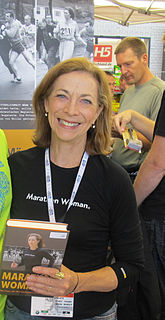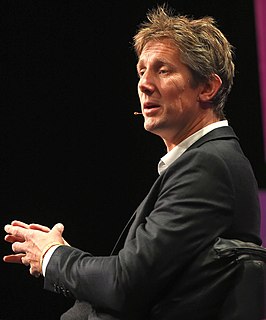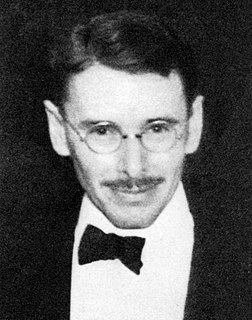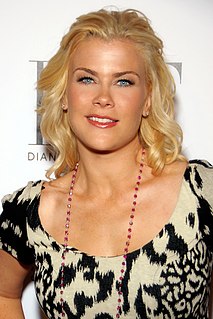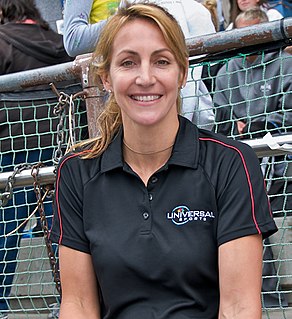A Quote by Kathrine Switzer
Women were afraid and they would never even imagine running a marathon in 1967.
Related Quotes
At the finish line of the 1967 Boston Marathon, one crabby journalist said it was just a one-off deal and women weren't going to run. Only a 20-year-old who had just run a marathon and was shot full of endorphin would say this but I said that there's going to come a day in our lives when women's running is as popular and as men's.
When I finished the Boston race in 1967, there were two things I wanted to do. I wanted to become a better athlete because my first marathon was 4:20. In those days, that was considered a jogging time and I knew people were going to tease me. But I was more fascinated with what women could do if they only had the chance.
What I've done in this older part of my life is I started foundation called 261 Fearless, named after my old ,1967 Boston Marathon, bib number.I thought we could create training and a communicative, non-judgmental platform, in a movement to let them know they're not alone. Then fearless women can reach out to help women who are fearful and take that first step using the vehicle of running because it's transformational. It works for every woman every time.
Claudia knew that she could never pull off the old-fashioned kind of running away. That is, running away in the heat of anger with a knapsack on her pack. She didn't like discomfort; even picnics were untidy and inconvenient: all those insects and the sun melting the icing on the cupcakes. Therefore, she decided that her leaving home would not be just running from somewhere but would be running to somewhere.
When I was first running marathons, we were sailing on a flat earth. We were afraid we'd get big legs, grow mustaches, not get boyfriends, not be able to have babies. Women thought that something would happen to them, that they'd break down or turn into men, something shadowy, when they were only limited by their own society's sense of limitations.
The thing about New York is, more than any other place I've ever been, you run into people on the street that you would never imagine you'd see, old friends, people just like there for a day or two. I find that all the time when I'm walking around Manhattan, running into people that I had no idea were even there.
There are so many issues that impact women. When we talk about prison reform, for example, women were [once] sterilized in women's prisons. When they were giving birth, they were asked to sign paperwork but they weren't even completely conscious of what they were signing. That sounds like something that would never happen in America, but it was happening, not just in America, but in [California], one of the most progressive states in the United States.
Margaret Atwood, the Canadian novelist, once asked a group of women at a university why they felt threatened by men. The women said they were afraid of being beaten, raped, or killed by men. She then asked a group of men why they felt threatened by women. They said they were afraid women would laugh at them.
The participation if women in some armies in the world is in reality only symbolic. The talk about the role of Zionist women in fighting with the combat units of the enemy in the war of 5 June 1967 was intended more as propaganda than anything real or substantial. It was calculated to intensify and compound the adverse psychological effects of the war by exploiting the backward outlook of large sections of Arab society and their role in the community. The intention was to achieve adverse psychological effects by saying to Arabs that they were defeated, in 1967, by women.
Five years after Boston 1967, I went to the Munich Olympics. I realized that major sponsorship could help me create the opportunity. I wrote a big proposal to Avon cosmetics on how creating a global series of women's races could lead to getting women in the Olympic marathon. People thought I was smoking poppy at the time. The longest event in the Olympic Games was 800m.
The 2013 Boston Marathon was, for me, a milestone. A bucket list event that was supposed to be my last marathon until my next big milestone, turning 50. But I couldn't leave marathoning on a memory like that, so I am running this year to honor everyone in the running community and those unsung heroes from April 15, 2013.
